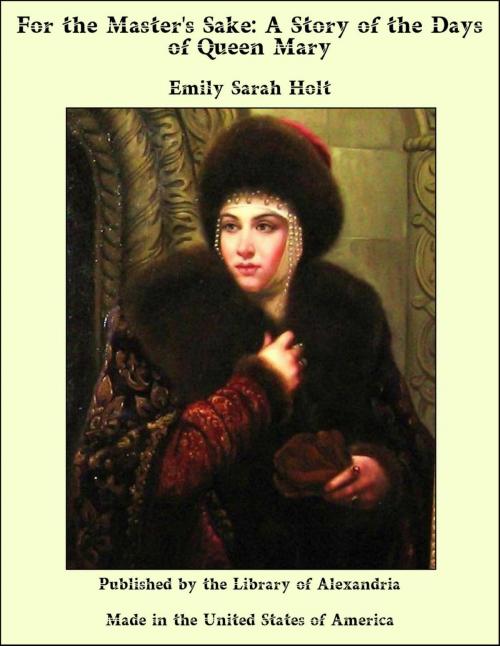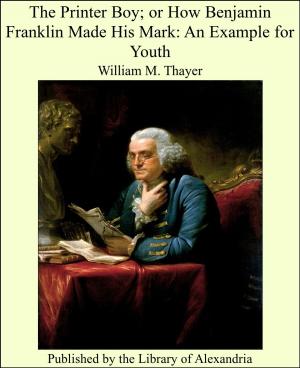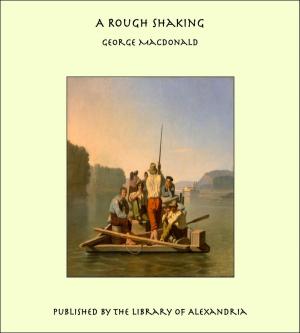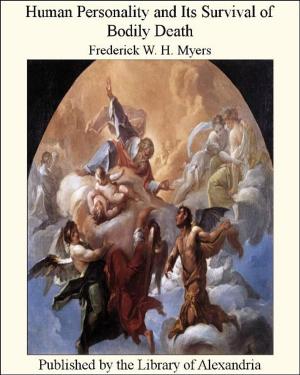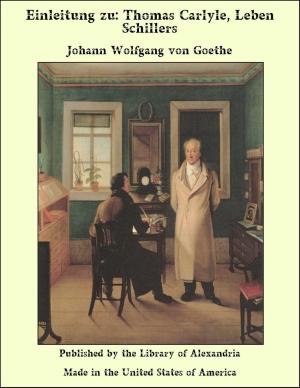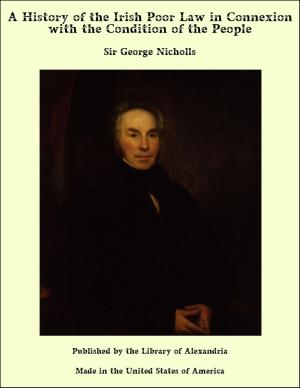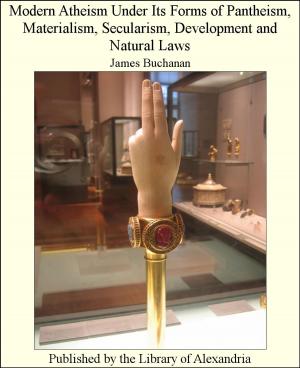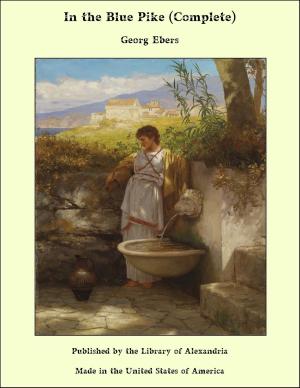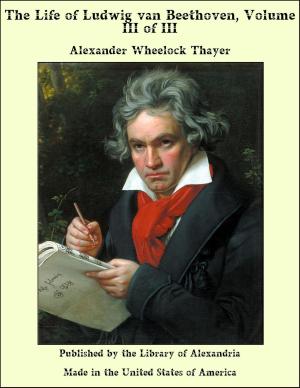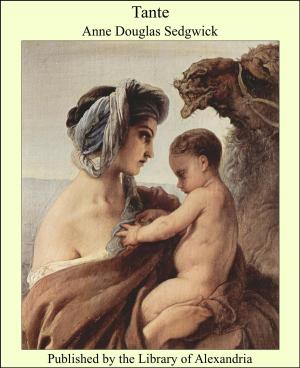For the Master's Sake: A Story of the Days of Queen Mary
Nonfiction, Religion & Spirituality, New Age, History, Fiction & Literature| Author: | Emily Sarah Holt | ISBN: | 9781465582485 |
| Publisher: | Library of Alexandria | Publication: | March 8, 2015 |
| Imprint: | Language: | English |
| Author: | Emily Sarah Holt |
| ISBN: | 9781465582485 |
| Publisher: | Library of Alexandria |
| Publication: | March 8, 2015 |
| Imprint: | |
| Language: | English |
This is not a story which requires much preface. The tale speaks for itself. But it is only right to inform the reader, that the persons who play their parts in it (apart from the historical details given) are all fictitious, excepting John Laurence and Agnes Stone. It rests, under God, with the men and women of England—and chiefly with those of them who are young now—whether such events as are here depicted shall recur in this nineteenth century. The battle of the Reformation will soon have to be fought over again; and reformations (no less than revolutions) are “not made with rose-water.” “Choose you this day whom ye will serve! If the Lord be God, follow Him; but if Baal, then follow him.” Are we ready to follow the Master,—if He lead to Calvary? Or are we ready to run the awful risk of hearing Christ’s “Depart!” rather than face men’s “Crucify”? Now, while it is called to-day, let us settle the question.
This is not a story which requires much preface. The tale speaks for itself. But it is only right to inform the reader, that the persons who play their parts in it (apart from the historical details given) are all fictitious, excepting John Laurence and Agnes Stone. It rests, under God, with the men and women of England—and chiefly with those of them who are young now—whether such events as are here depicted shall recur in this nineteenth century. The battle of the Reformation will soon have to be fought over again; and reformations (no less than revolutions) are “not made with rose-water.” “Choose you this day whom ye will serve! If the Lord be God, follow Him; but if Baal, then follow him.” Are we ready to follow the Master,—if He lead to Calvary? Or are we ready to run the awful risk of hearing Christ’s “Depart!” rather than face men’s “Crucify”? Now, while it is called to-day, let us settle the question.
